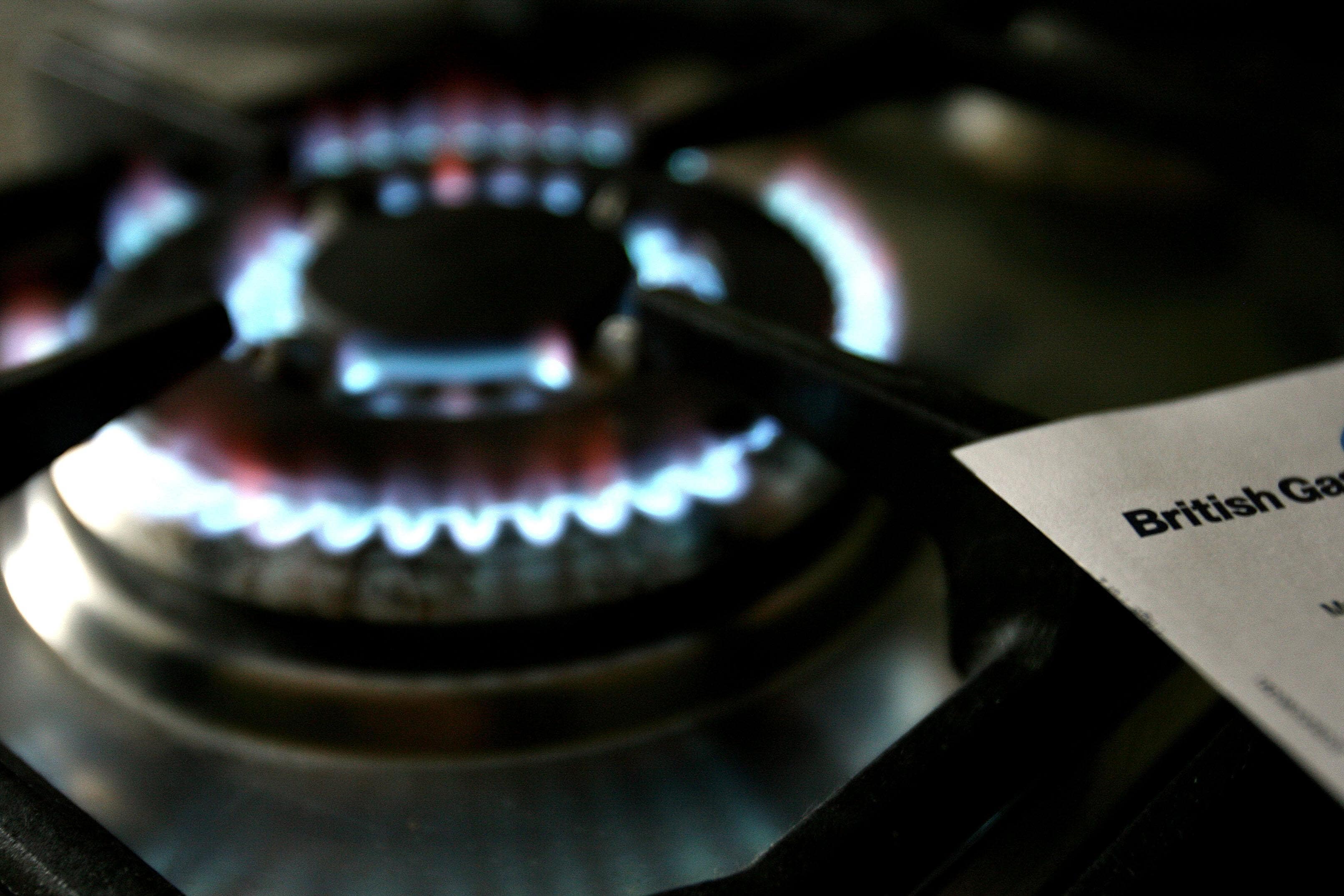Energy bills to drop from July, experts say
The average energy bill will fall by more than £400 when taking into account Government support, consultancy Cornwall Insight forecast.

Your support helps us to tell the story
From reproductive rights to climate change to Big Tech, The Independent is on the ground when the story is developing. Whether it's investigating the financials of Elon Musk's pro-Trump PAC or producing our latest documentary, 'The A Word', which shines a light on the American women fighting for reproductive rights, we know how important it is to parse out the facts from the messaging.
At such a critical moment in US history, we need reporters on the ground. Your donation allows us to keep sending journalists to speak to both sides of the story.
The Independent is trusted by Americans across the entire political spectrum. And unlike many other quality news outlets, we choose not to lock Americans out of our reporting and analysis with paywalls. We believe quality journalism should be available to everyone, paid for by those who can afford it.
Your support makes all the difference.Energy bills are expected to drop significantly from the start of July, according to new analysis released on Tuesday.
Energy industry consultancy Cornwall Insight said it thinks the price cap on energy bills will fall by more than £1,200 for the average household when it is next updated.
However, because the Government bill support, which has artificially lowered bills, will fall away, households will only be around £437 better off per year on average.
The analysts at Cornwall said they expect the price of electricity will drop to 29.55p per unit from the start of July from 33.2p today with Government support.
Gas prices will fall from 10.3p today – including Government support – to 7.55p from the start of July.
It will mean that the average household pays around £2,063 per year for their gas and electricity, though this will vary based on how much energy they use.
The price cap will be changed again in October to bring the average bill to around £2,098, before hitting approximately £2,163 next January. The current Government support means that average bills are around £2,500.
Dr Craig Lowrey, a principal consultant at Cornwall Insight, said energy suppliers might start offering more deals that lock customers into a fixed price for a year or more.
These deals could give customers certainty over the price of their energy bills, and protect them if energy bills start to rise. However it is a gamble for households because, if they lock in a price and energy costs fall further, they could be left out of pocket.
“As the wholesale energy market has levelled out in recent weeks, our predictions for the price cap have followed suit,” Dr Lowrey said.
“Some energy suppliers will potentially look to leverage this opportunity to bring back fixed tariffs on or around the price cap, with stable projections lowering concerns they will lose out over the fixed term.
“This potential re-emergence of competitive tariff propositions presents an opportunity for households to finally get a grip on their energy bills, having been hit hard by the energy crisis.
“While this seems positive, fixing energy tariffs is a gamble – the market may go down as well as up, and households run the risk of getting locked into bills higher than the price cap.
Fixing energy tariffs is a gamble - the market may go down as well as up, and households run the risk of getting locked into bills higher than the price cap
“We are faced with several uncertainties as we look beyond the July price cap, with ongoing consultations on the cap modelling and other legislative changes that could potentially bring significant changes.
“This leaves our predictions for the end of this year and beyond potentially vulnerable to change.”
“What we do know is, while energy bills may begin to stabilise, they are still far from returning to pre-2020 levels.
“While consumers may feel more secure, we must not under-estimate the fact that these bills remain unaffordable for many households.”